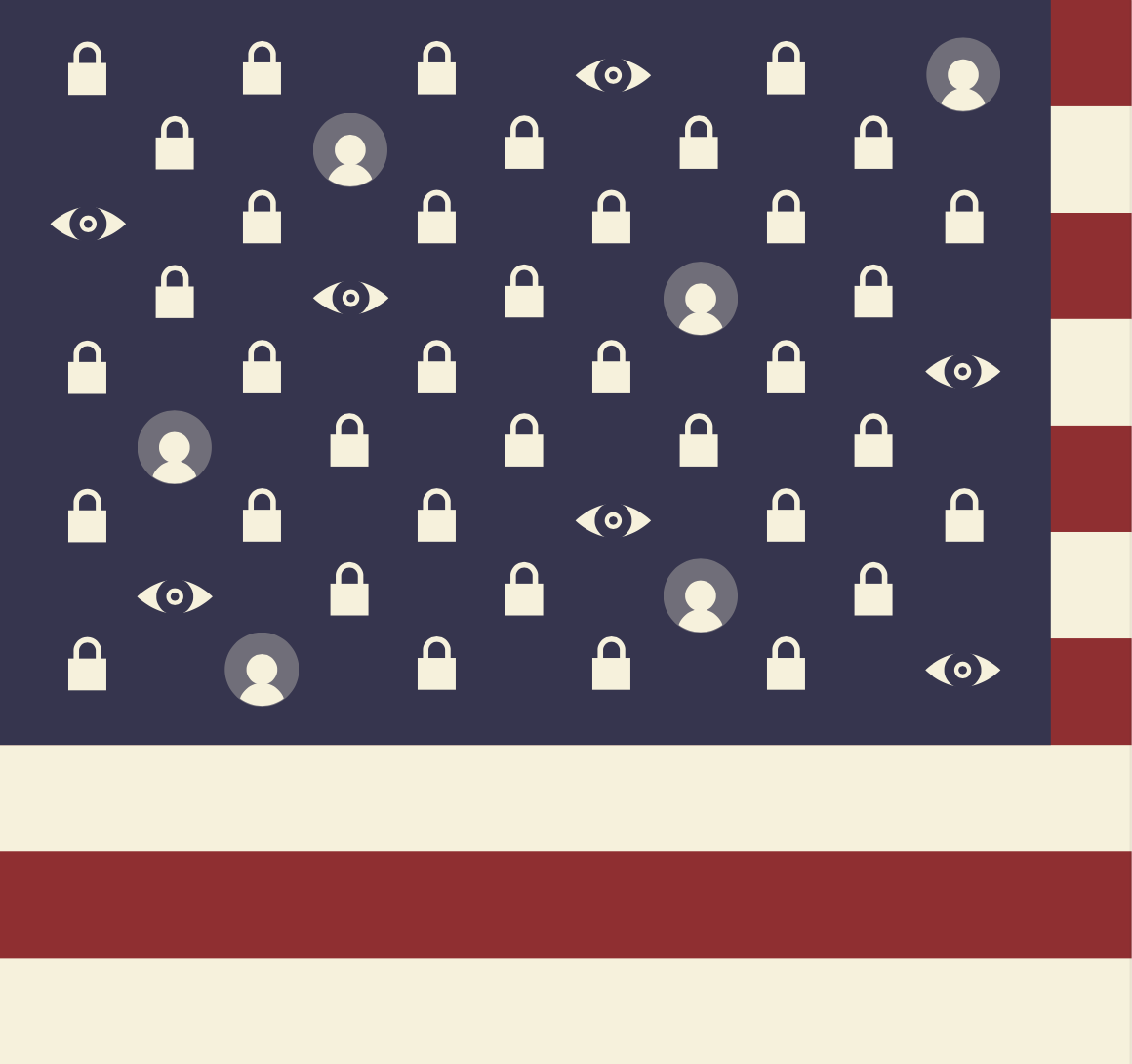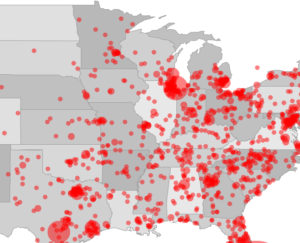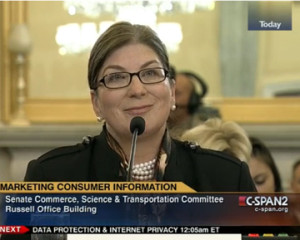GAO’s data breach list from its June 2007 report: FOIA result
Data breach | GAO data breach study — The World Privacy Forum made an information request to the GAO asking for a copy of the single, non-duplicative list of data breaches its June, 2007 data breach report (GAO -07-737) refers to and was based on. The list was not included in the GAO report. The GAO used a figure in its report of “more than 570 data breaches” from January 2005 to December 2006 based on this non-duplicative breach list. The GAO breach list is straightforward, it tallies data breaches chronologically from January 1, 2005 to December 31, 2006 from three organizations that maintain data breach lists. If the breach appeared on at least one of the three lists, it was apparently included in the final tally. The GAO states that the list was based on a February 15, 2007 download of the lists.
Note: the WPF scan of the GAO list includes the first page twice. The front page of the scan is of the GAO list as it looks in the original document, and then the list was scanned for maximum readability into PDF format.





